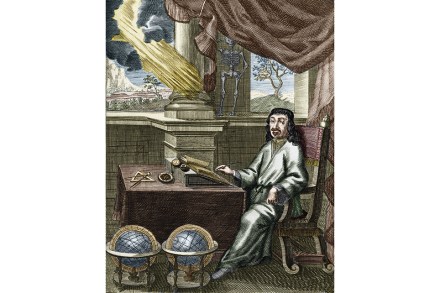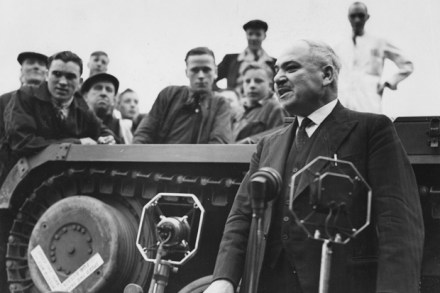The chilly charm of Clarissa Eden
Clarissa Churchill – as she was known until her marriage to Sir Anthony Eden – was brought up in a now vanished privileged world of intellectual, social and political London. In the introduction to his biography, Hugo Vickers provides a valuable roll-call of names. Those still living who knew Clarissa have proved invaluable sources of







